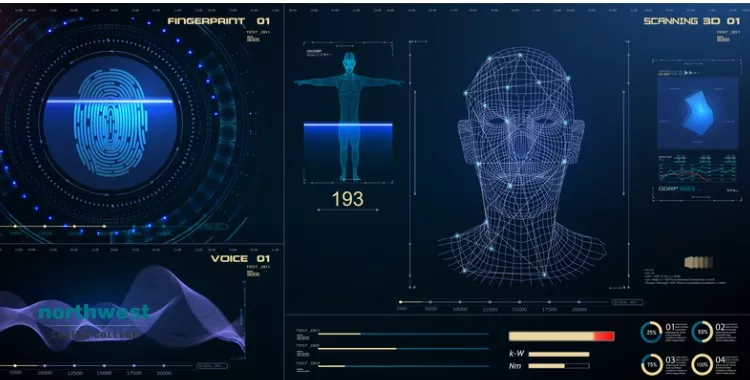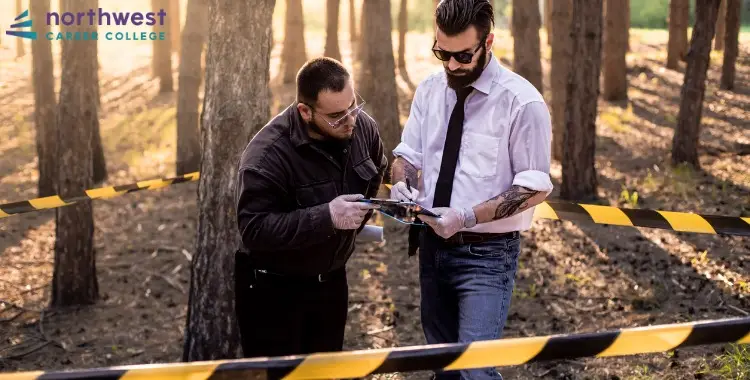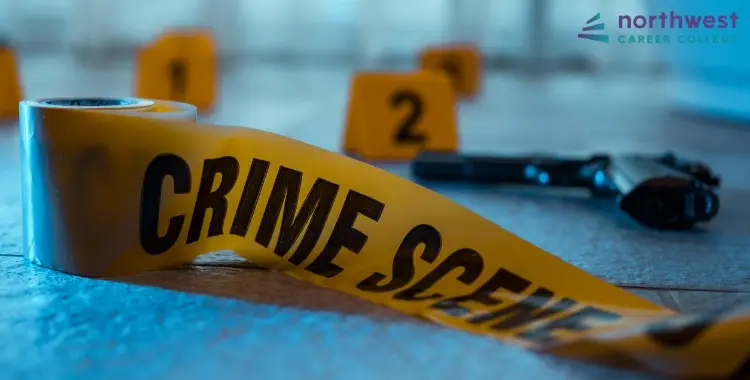Technology and law enforcement
- Criminal Justice
- February 24, 2025
- 3.2k views
- 4 min read

Technology has an impact on all facets of our modern society, including our approach to law enforcement. In this article, we’ll be looking at three technologies that have had the largest impact on the criminal justice system and how law enforcement in adapting to their use.
Table of Contents
Technology and law enforcement
Facial Recognition Systems
In the US alone, the facial recognition market has grown to a value of 3.8 billion dollars. However, one in four Americans think that the government should strictly limit the use of facial recognition technology.
Law enforcement in the US has been using variations of facial recognition for over a decade and during that time there have been questions about its use related to its misuse, privacy rights, misidentification, and who has access to the surveillance data.
One of the main issues affecting facial recognition is the fact that, when it comes to identifying dark-skinned people, most systems produced a far higher error rate. In fact, 35% of facial recognition errors happen when identifying dark-skinned women, compared to 1% for white males.
This has led to concerns that the rapidly expanding use of facial recognition could result in a biased approach to law enforcement.
Video Doorbells
In response to the rising use of rapid package delivery services like Amazon, many Americans have invested in video doorbells to deter package theft.
However, the information collected by these gadgets normally ends up in the hands of private companies, largely without its user’s knowledge or consent, raising serious concerns around data privacy.
As an example, Ring, a company owned by Amazon, shaped a ‘heat map’ that highlighted the locations of its customer, to over 300 law enforcement agencies without getting the customer’s consent.
Personal Device Encryption
The topic of personal device encryption has appeared in the news repeatedly over the last few years relating to evidence hidden behind encryption on a personal device such as a mobile phone.
Law enforcement agencies have repeatedly called for tech companies to build ‘back doors’ into their devices that would allow them to circumvent the encryption. However, manufacturer and app developers have largely rejected these calls, citing concerns around personal data privacy.
One of the main issues surrounding personal device encryption is the lack of a solid base of laws governing digital data.
While the Fourth Amendment prohibits the search of a person’s physical home or property without a warrant based on probable cause, there is no such restriction on accessing personal data on a recovered mobile device.
Governments and tech companies are currently fighting over how potential future laws will be worded through a combination of privacy policies and lawsuits.
Qualifying For Your Future
Gaining a qualification from our Criminal Justice School puts you in an excellent position to access a variety of employment opportunities as you look for one that suits your skills and interests.
At Northwest Career College, our Criminal Justice instructors include licensed, practicing attorneys and degree instructors able to teach, not only the law but also to guide our students in the many ways a criminal justice graduate integrates into a Las Vegas legal profession.
As part of our Criminal Justice Program, you’ll visit courts, jails, meditation centers, and more to experience first-hand the law in action, which will make your criminal justice training applicable to the Las Vegas legal system.
Northwest offers a flexible blended program with all criminal justice classes Las Vegas law classes taught on campus by an attorney and general education courses offered online. Our experienced instructors are on-campus to review and support your learning experience at all times.
Call us at (702) 403-1592 to speak to one of our enrollment team about joining our Criminal Justice Program today!



